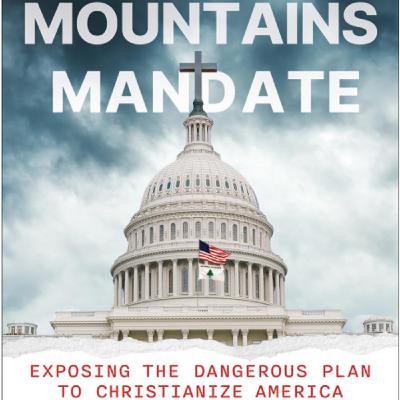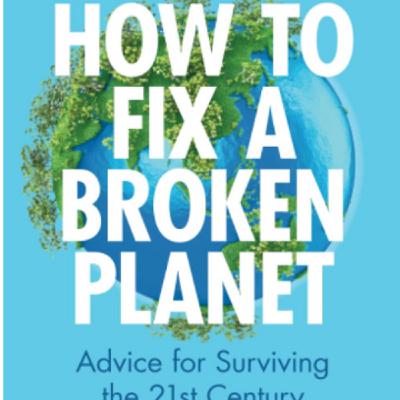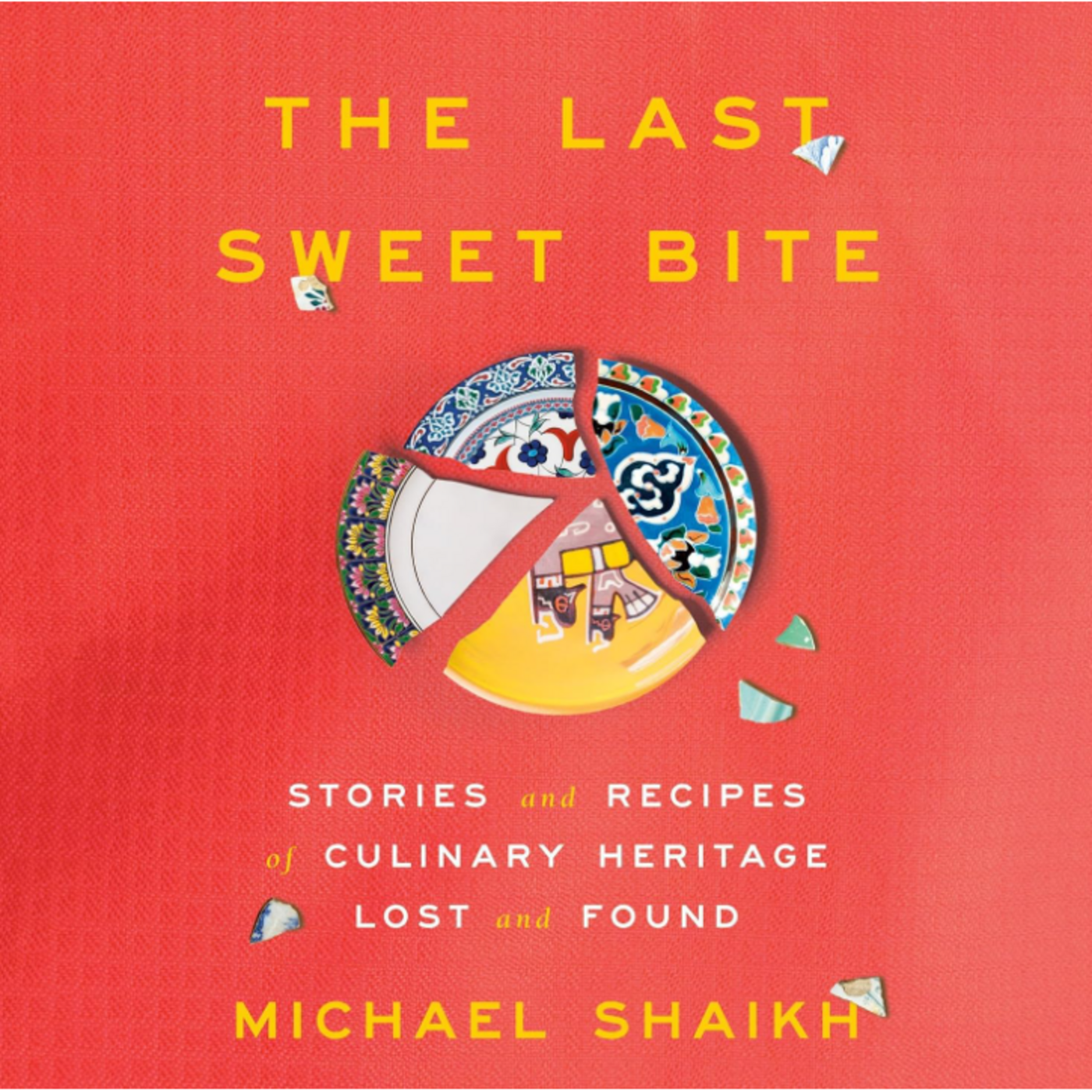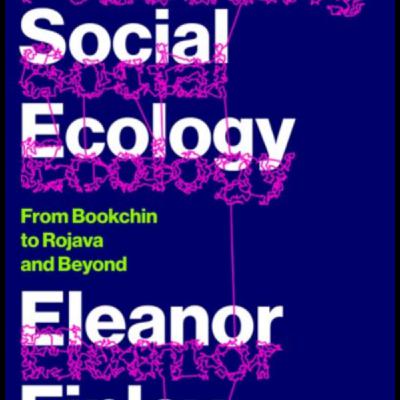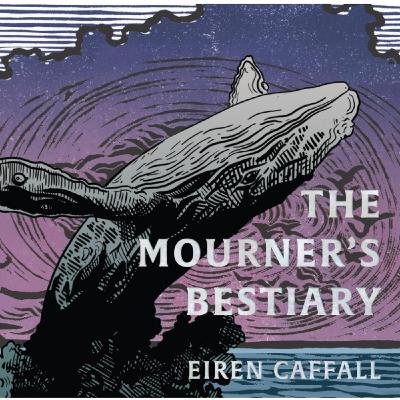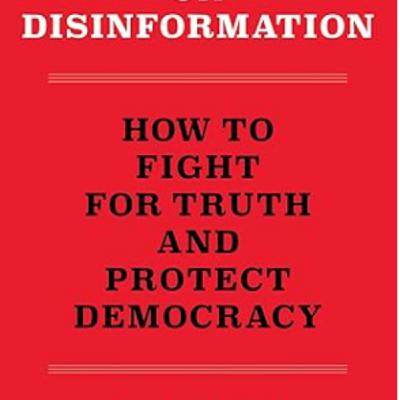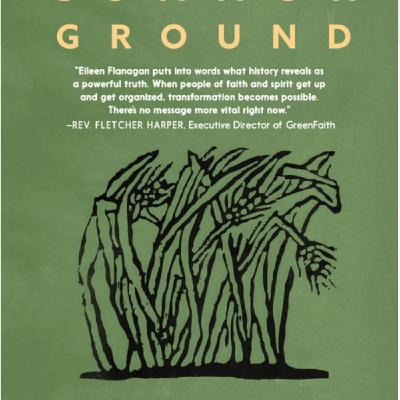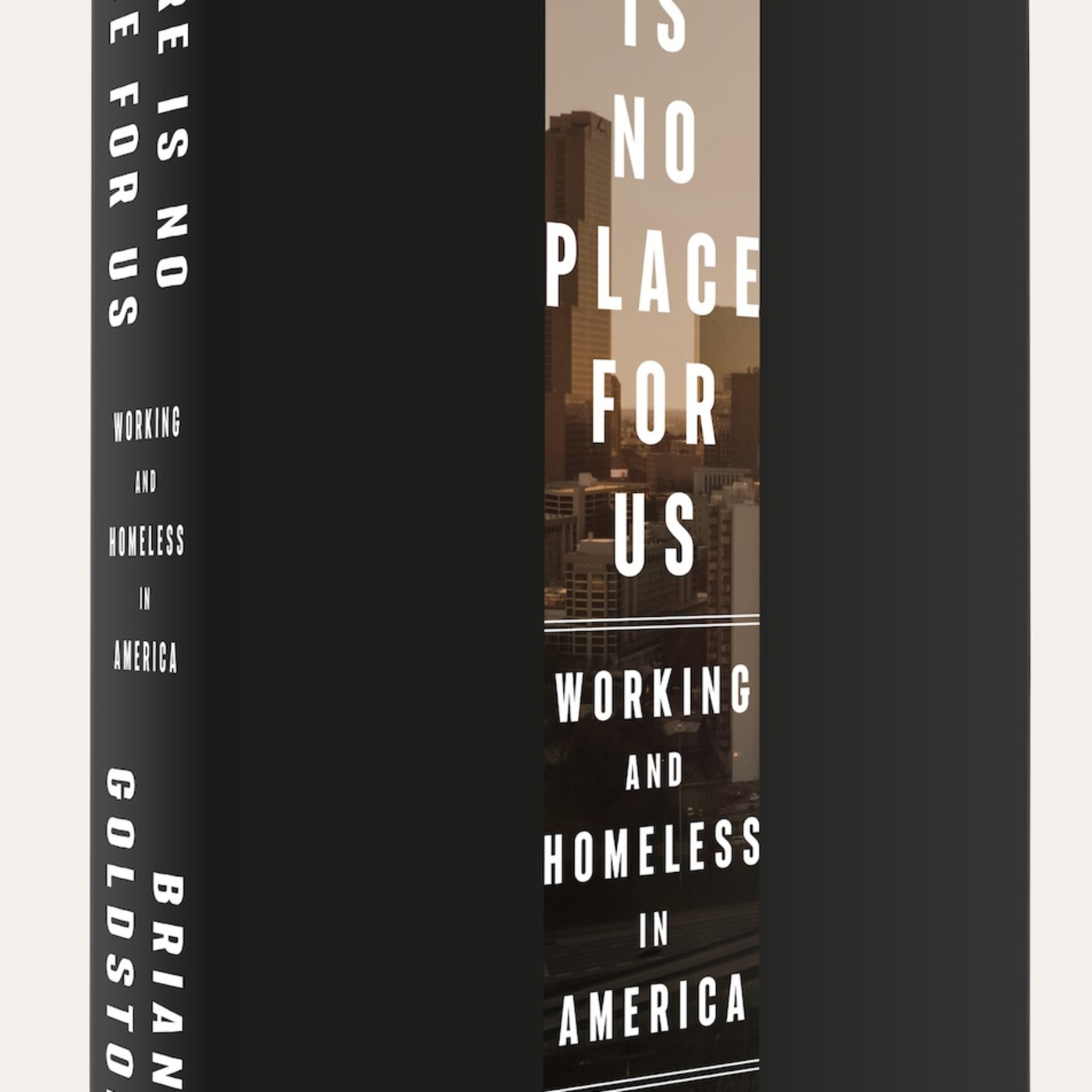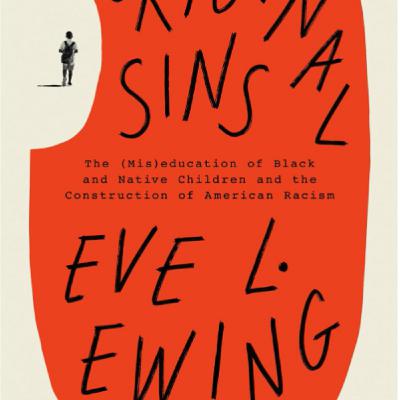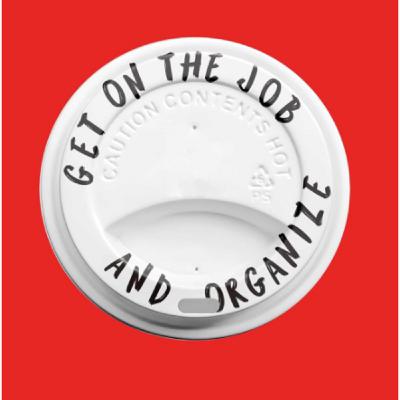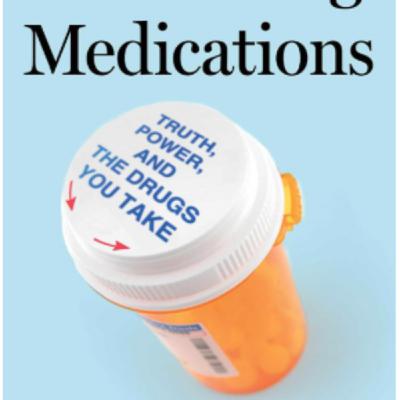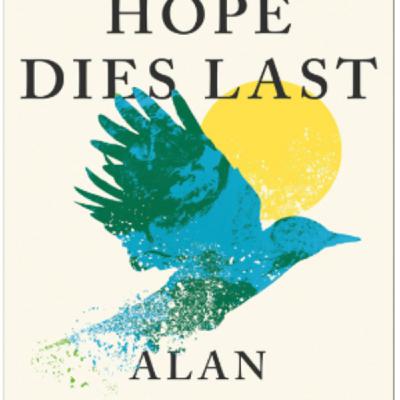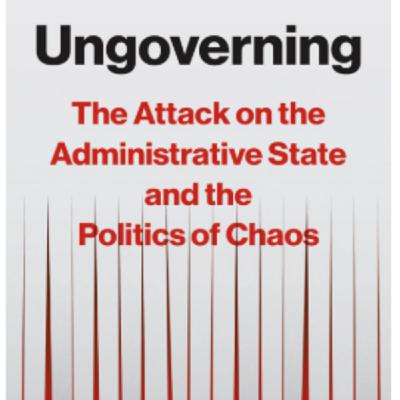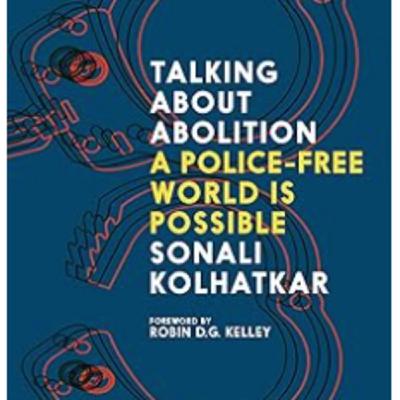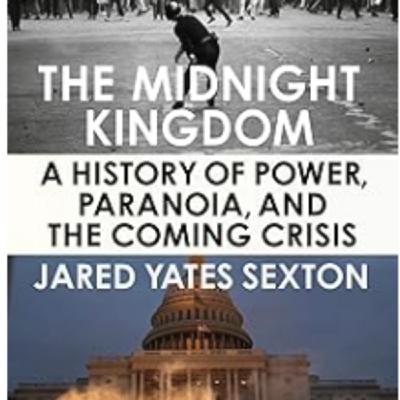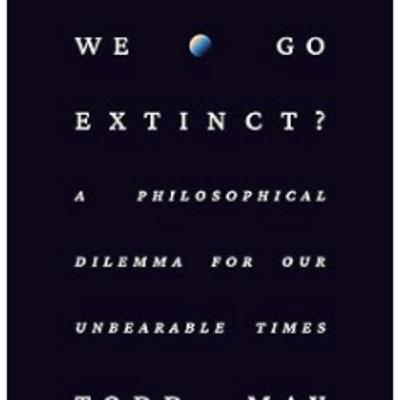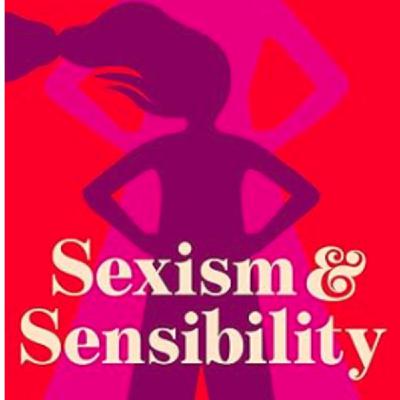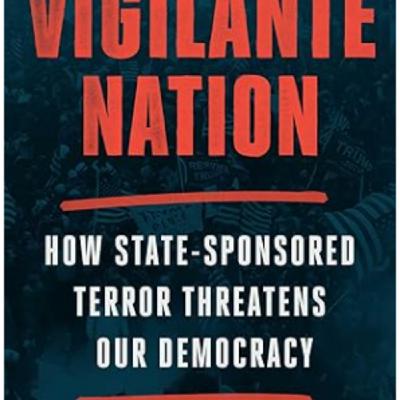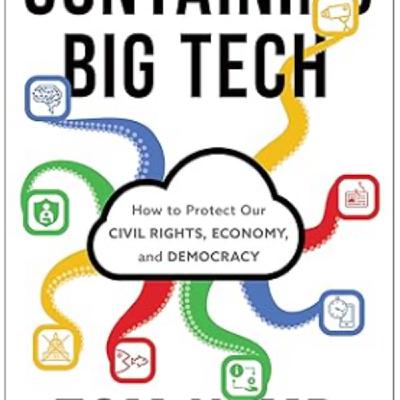Discover The Progressive Page Turner
The Progressive Page Turner

32 Episodes
Reverse
Charlie Kirk’s organization, Turning Point, started out as secular, promoting capitalism, free markets and the separation of church and state. All of that changed in 2020 when he embraced the “Seven Mountains Mandate”, a theology promoting a Christian takeover of government, education, media, family, business, arts, and religion. It’s so reactionary that only a small minority of evangelicals agree with its principles. Many of the key players in Donald Trump’s regime are part of this movement and are working to dismantle democracy and replace it with theocracy.
As political events in the United States wobble towards an authoritarian takeover it’s easy to lose sight of the larger picture. The price of food is going nowhere but up as climate disruption, soil depletion and water scarcity take hold. Scientists warn that changes to the earth’s life support systems could trigger irreversible changes to the biosphere. In his book How to Fix a Broken Planet, Julian Cribb describes the interrelated problems and remedial actions that could lead to meaningful change.
As a human rights investigator Michael Shaikh shared many meals with people fleeing war and political persecution. One of the overlooked casualties of this violence is cuisine and hospitality traditions. His book is part history, part travelog and part cookbook where you learn about the world and then re-create the aromas and tastes of other times and places.
As we watch climate chaos and the rise of fascism fundamentally change our world we need to find new ways of structuring society. In her book 'Practicing Social Ecology' Eleanor Finley uses examples of grassroots movements that are rethinking our relationship to the natural world and each other.
PFAS is a group of chemicals that didn't exist in the world until humans created them in the 1940's. They're highly toxic endocrine disruptors that affect the thyroid, liver, kidney and reproductive organs. Now they are everywhere. They're found in the bloodstreams of polar bears and the rain falling on the Tibetan plateau. How did this happen? In her book They Poisoned the World Mariah Blake traces PFAS from the Manhattan Project to the Trump regime.
In Eiren Caffall's memoir she pairs her private grief over learning she has a genetic disease that will end her life prematurely with the collective grief for the collapsing ecosystem.
Before the last election Lee McIntyre published his book On Disinformation: How to Fight for Truth and Protect Democracy. Now that we are dealing with Constitutional collapse his message is even more crucial.
As the environment heats up and authoritarianism is on the rise, dgivide and conquer has been a very effective technique to keep people from organizing for political or economic change. In her book Common Ground Eileen Flanagan explores how we can come together in spite of difference in race, class and religion.
Homelessness is visible in every city in the United States but the number of people on the streets is just the tip of the iceberg according to journalist and anthropologist Brian Goldstone. In his new book, There Is No Place For Us: Working and Homeless in America , he follows families in Atlanta as they struggle to stay housed. The combination of low wages, skyrocketing housing costs and lax government regulations bear down on working families. Goldstone looks at the causes, magnitude and consequences of the problem with portraits of families who are left off the official statistics because they sleep in cars or squalid extended stay hotels.
Universal education was envisioned as a great equalizer that would fuel a meritocracy. But like so many American ideals it has been tainted by slavery and the Native genocide. Native boarding schools were founded with the goal of eradicating Native culture. Schools set up during Reconstruction taught the newly freed slaves that obedience would be rewarded and any attempts at retribution were forbidden. In her book Original Sins: The Miseducation of Black and Native Children and the Construction of American Racism Eve L. Ewing looks at how the current education system has been shaped by its history.
The unacknowledged truth about the capitalistic machine we all live in is that it relies on our compliance. When companies freely exploit workers without effective restraint from the government there is still power in grass roots organizing. In their book Get on the Job and Organize: Standing up for a Better Workplace and a Better World Jaz Brisack details the ins and outs of organizing Starbucks workers one coffee shop at a time.
How safe and effective are the drugs we take? Why do Americans pay more for prescription drugs than people in other high-income countries? Jerry Avorn, a researcher at Harvard Medical School, explains why ineffective, dangerous and overpriced drugs make it through the FDA approval process in his new book Rethinking Medications.
In his new book Hope Dies Last Alan Weisman documents how people from all over the world are coping with our ecological predicament. The stories range from rewatering the marsh that might have been the Biblical garden of Eden to kelp farming, fusion reactors and other creative and imaginative ways to mitigate past destruction and navigate an uncertain future.
Before the 2024 election Russell Muirhead and his co-author Nancy RosenBlum predicted the destruction of the administrative state by Trump and his regime in their book 'Ungoverning'. In this episode we talk about how we got here and where we might be headed.
Locking people away for long periods of time seems like a tough but effective way to deal with crime but multiple studies have shown that states with draconian sentences have the same amount of crime as states with more lenient laws. Imprisoning just one person costs tens of thousands of dollars per year and there’s other costs. When parents are taken away from their children families are strained and communities are weakened. When the prison sentence is done, people traumatized by imprisonment are released into communities where they face discrimination in housing and employment. In her book Talking About Abolition Sonali Kolhatkar looks at alternatives to the current system of policing and imprisonment.
In the late 1970’s and early 80’s the New Deal era where the government regulated businesses and protected citizens from the excesses of capitalism was overturned by Neoliberalism the idea that the market, left to its own devices, would produce an optimal economic system. Neoliberalism was wildly successful at producing billionaires. Their incredible wealth, disproportionate far beyond historical norms, has now bought a United States President. In his book Midnight Kingdom Jared Yates Sexton traces the origins of apocalyptic religious traditions that have shaped the Trump phenonium and what life under autocracy has been like historically.
In his book Should We Go Extinct Todd May takes an objective look at what we add to the community of life on the planet and what we destroy. This isn’t a call to end humanity as much as it’s a call to be better humans and citizens of Earth.
Raising girls has never been easy but in the age of social media it’s even harder. According to a 2024 study by the CDC over half of teen girls feel “persistently sad or hopeless.” In this episode of The Progressive Page Turner I talk with Jo-Ann Finkelstein about her book Sexism & Sensibility. She has over twenty years experience helping girls face toxic messages about beauty, sex and femininity and offers advice for parents trying to raise confident girls in a culture that often demeans them.
The abortion ban in Texas included a bounty hunter clause that would allow vigilantes to enforce the law. This is the sort of alliance between private citizens and the state that allowed the reign of terror by the KKK to flourish. But blue states are not entirely without weapons in this war for the soul of the nation. In this episode I talk with David Noll, author of Vigilante Nation.
Billions of people all over the world use apps and websites. We have an unprecedented amount of information at our fingertips but it’s also allowed detailed dossiers to be collected on all of us. While most of the collected data is used for advertising there’s also the possibility of data being used for law enforcement and economic discrimination. In this episode of the Progressive Page Turner I talk to Tom Kemp, author of Containing Big Tech about who’s collecting our data, what they’re doing with it and how you can prevent surveillance.


